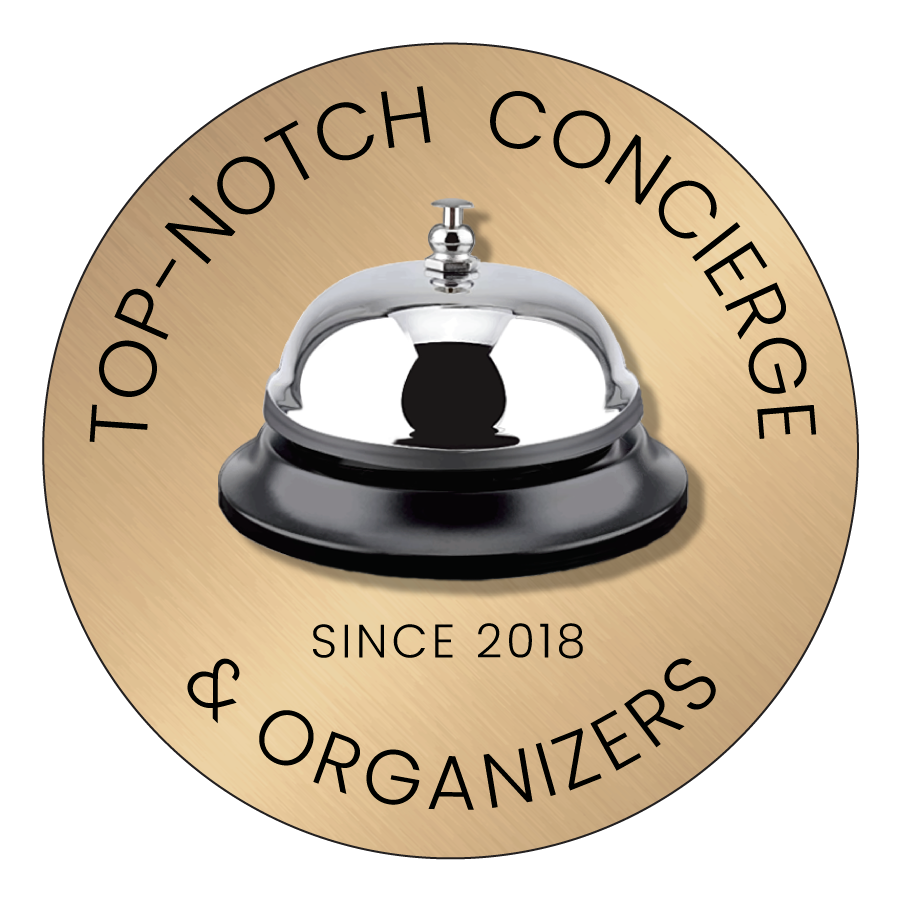For the last eleven months it seems like every month could have qualified for this distinction doesn’t it?
Uncertainly about our future, our well-being, our family can all lead to stress. Change may lead to stress, whether it’s for the best or not it still upsets the balance we have in our life at that time. One in four people will struggle with mental health at some point in their lives. Let’s not kid ourselves, these are very stressful times for a majority of us for a variety of reasons!
There is a wealth of information available on how to identify stress and manage it so we thought we would share some of the tips we’ve come across while helping our clients de-cluttering and organizing there homes.
- Recognize when you’re stressed; Are your muscles tense or sore? Is your stomach tight, cramped, or aching? Are your hands or jaw clenched?
Is your breathing shallow? Place one hand on your belly, the other on your chest. Watch your hands rise and fall with each breath. Notice when you breathe fully or when you “forget” to breathe.
- Identify your stress response; if you tend to become angry, agitated, overly emotional, or keyed up under stress, you will respond best to stress relief activities that quiet you down.
If you tend to become depressed, withdrawn, or spaced out under stress, you will respond best to stress relief activities that are stimulating and energizing.
- Sleep; a common side effect for stress is struggling to fall asleep. If this happens three times a week for at least three months, you may have insomnia. Lack of sleep can also add to your stress level and cause a cycle of stress and sleeplessness.
HOW CAN YOU MANAGE STRESS?
EXERCISE; physical activity can help improve your sleep and better sleep means better stress management. While they don’t exactly know why, doctors have noticed people who exercise more tend to get better deep “slow wave” sleep that helps renew the brain and body. Careful not to exercise to close to bedtime which can disrupt sleep for some people.
People who exercise also tend to feel less anxious and more positive about themselves, these activities will provide a good dose of stress relief:
Running, Dancing, Cycling, Aerobics
A less formal approach since gym’s are not always an option these days are:
Bike instead of drive wherever you can, use stairs instead of the elevator, clean your house, hand-wash your car
DIET; eating healthy foods extend beyond your waistline to your mental health. Healthy diets can lessen the effects of stress, build up your immune system, level your mood and lower your blood pressure. Too much added sugar and fat can have the opposite effect and we all know junk food is much more appealing when we’re under a lot of stress.
To help stick with a healthy diet try making a shopping list, carrying healthy snacks with you when you leave the house and stay away from processed foods and try not to eat mindlessly.
Some nutrients that seem to help lessen the effects of stress on the body and mind are that work well with a balanced diet are Vitamin C, Magnesium and Omega-3 fatty acids.
SLEEP; better sleep habits which include your daily routine and the way you set up your bedroom. Habits that may help are: Exercise regularly, get out in the sunlight, drink less caffeine and alcohol close to bedtime, set a sleep schedule for yourself, don’t look at your electronics 30-60 minutes before bed and try meditation or other forms or relaxation at bedtime.
Some other resources you may want to look into for yourself or someone you know if stress has become uncontrollable are:
- Your family doctor – he/she could recommend a therapist or counselor to help better handle the stress in your life.
- The Canadian Mental Health Association, Understanding and Finding Help for Stress (cmha.ca)
- Mental Health Services, Stress : Ontario : Mental Health Services, Help and Support : eMentalHealth.ca
- CAMH, Stress | CAMH
- Government of Canada, Mental Health – Coping With Stress – Canada.ca
- Mood Disorders Association of Ontario, Kitchener Waterloo Peer Support Group: Depression & Anxiety Support Group – Waterloo Region (dy) | Mood Disorders Association of Ontario




